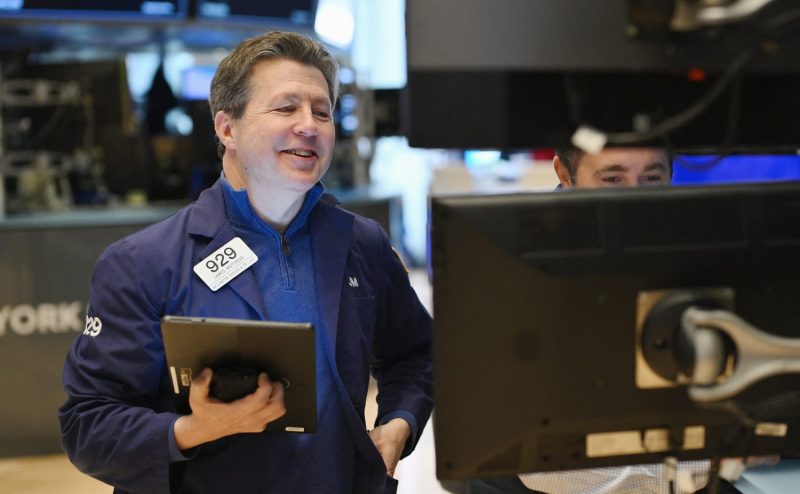In the world of investing, it’s often said that bad news is good news for the stock market. This counterintuitive concept suggests that when economic indicators or news turn negative, stock prices tend to rise as investors anticipate government stimulus or other supportive measures to counteract the downturn. However, the dynamics of this relationship can shift unexpectedly, as evidenced by recent market trends.
One example of this trend is the recent report that U.S. job growth slowed more than expected in August. This news initially caused a surge in stock prices as investors speculated that the Federal Reserve would delay plans to taper its bond-buying program. The prospect of continued monetary support buoyed market sentiment, leading to a temporary boost in stock prices.
Another factor that has traditionally driven the market in the face of bad economic news is the so-called Fed put. This term refers to the Federal Reserve’s willingness to step in and provide support to the economy in times of distress, which can act as a safety net for investors. The reassurance that the Fed stands ready to act in response to negative economic developments has historically helped to mitigate market volatility and bolster investor confidence.
However, the current market environment is far from predictable, and the relationship between bad economic news and stock prices may not hold in perpetuity. As the economy continues to recover from the pandemic-induced slowdown, investors are closely monitoring the Fed’s signals regarding its monetary policy stance. Any deviation from expectations could lead to a reassessment of market dynamics and a shift in investor sentiment.
Additionally, external factors such as geopolitical events or unexpected economic data releases could disrupt the prevailing market narrative. The recent turmoil in Afghanistan and escalating tensions between China and the U.S. are reminders that unpredictable events can have a profound impact on market dynamics, overshadowing the influence of economic indicators.
In conclusion, while the relationship between bad economic news and stock prices has been a reliable indicator in the past, investors should remain vigilant and adaptable in the face of changing market conditions. The market’s response to economic developments is not set in stone, and unexpected events can quickly alter the prevailing sentiment. By staying informed and maintaining a diversified portfolio, investors can navigate the complexities of the market and position themselves for success in an ever-changing landscape.



























